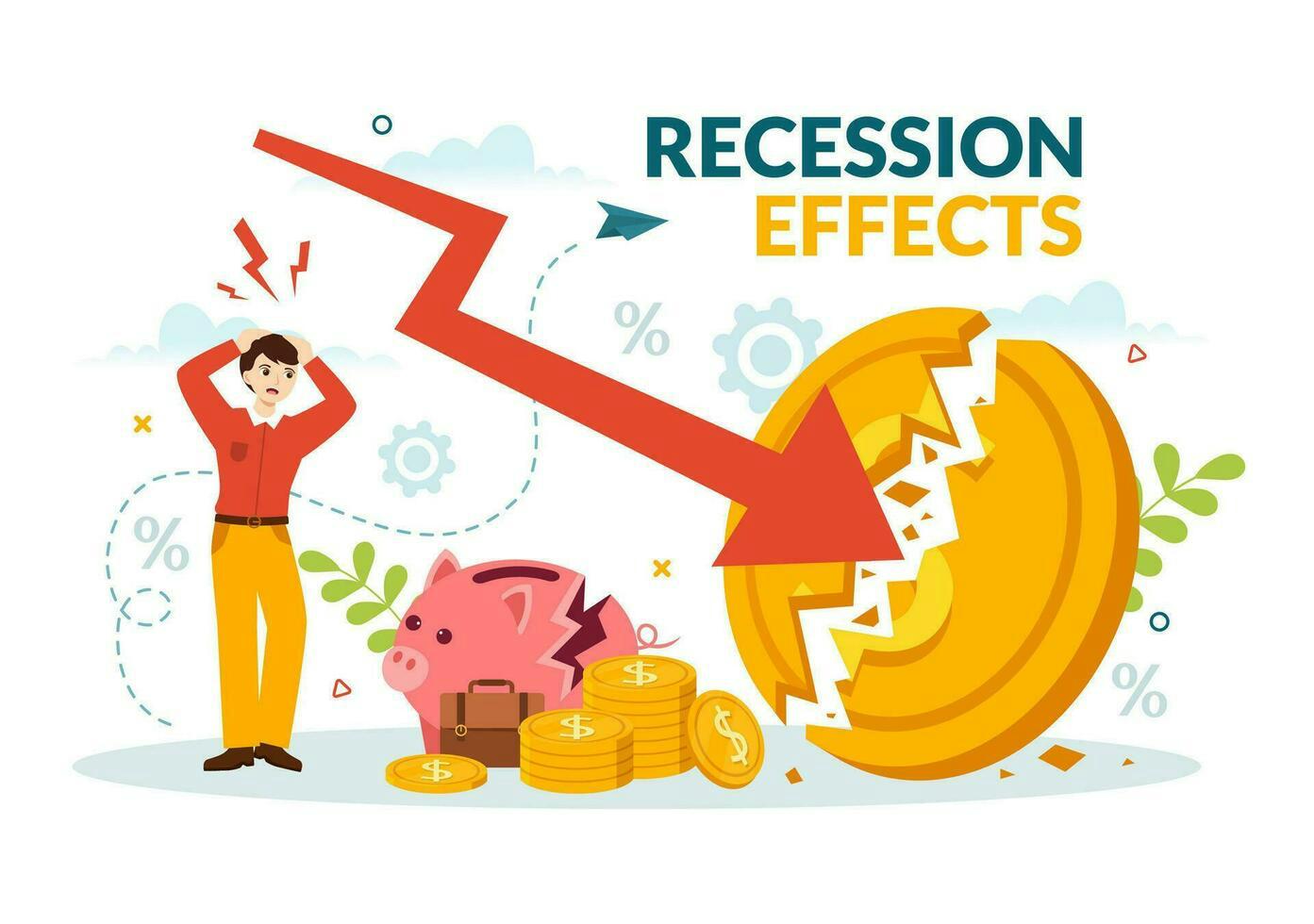A U.S. Recession on the Horizon. Why India Should Care, and What Investors Should Do.

Let’s start with the basics. The U.S. Federal Reserve has raised interest rates sharply over the past two years to fight inflation. While that move was necessary, it’s now taking a toll. Borrowing has become more expensive, consumer spending is slowing, and job growth is showing signs of fatigue. These are classic early signs of a recession. Markets are jittery, and the bond yield curve, a reliable indicator of recession, has been inverted for months.
Why should India care?
The U.S. is India’s largest export destination. Our IT services, pharmaceuticals, textiles, and machinery sectors depend heavily on U.S. demand. If American businesses and consumers cut spending, Indian exports will slow down. That means lower earnings for Indian companies and potential job cuts in export-dependent industries.
Then there’s the investment angle. When uncertainty hits global markets, investors tend to pull money out of emerging economies like India and move to “safe havens” like U.S. treasuries or gold. That capital flight can hurt the Indian stock market and weaken the rupee. A weaker rupee, in turn, makes imports like oil more expensive, which can push inflation up again.
However, India has some buffers. Domestic demand remains strong. Government infrastructure spending is up. And financial institutions are relatively stable. So, while India will feel the pinch, it’s not in crisis mode. The economy is still expected to grow, just at a slower pace if global headwinds strengthen.
From an investment perspective, the current moment calls not for panic, but for prudence. A looming U.S. recession doesn’t mean an Indian collapse, but it does make portfolio positioning more important than ever. Investors should be wary of overexposure to sectors that rely heavily on exports or are vulnerable to interest rate shifts. Historically resilient sectors such as FMCG, healthcare, and utilities may offer more stability during global downturns. Maintaining liquidity is also wise, it allows investors to take advantage of potential market corrections without being forced to sell assets under pressure.
Perhaps most importantly, this is a time to remain anchored to long-term goals. Markets may react to headlines, but portfolios don’t need to. Economic cycles are inevitable. Smart portfolios aren’t just built to grow in boom times, they’re designed to endure when uncertainty strikes.
A U.S. recession may well be around the corner, but India has room to navigate. The key lies not in avoiding the storm, but in weathering it with foresight and discipline.
– By Vansheeka Sarin
